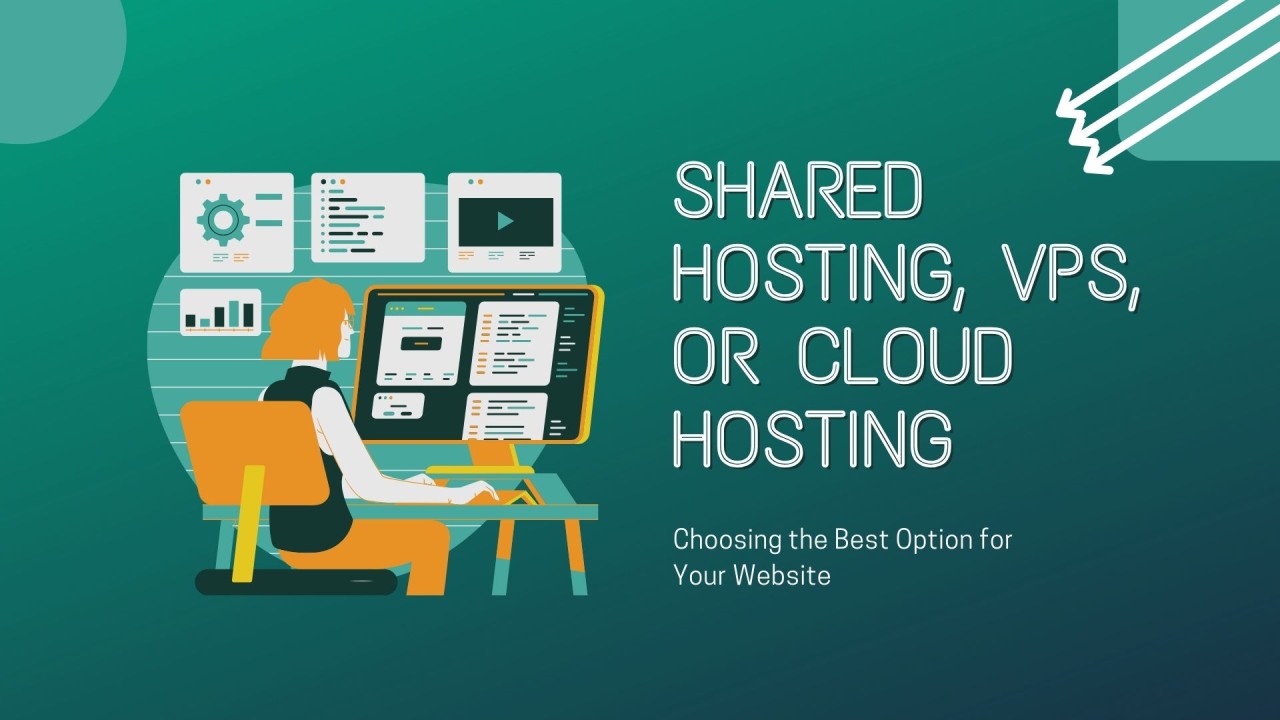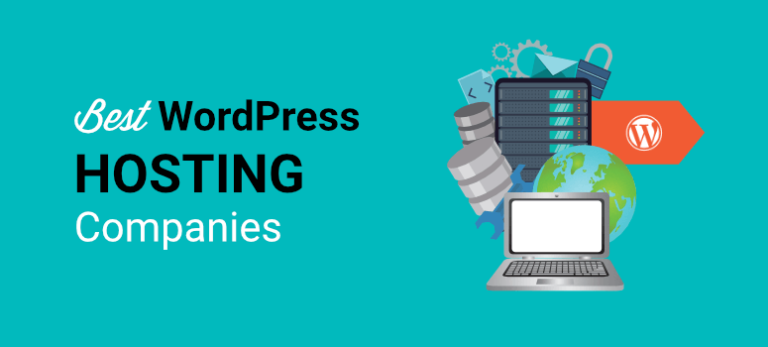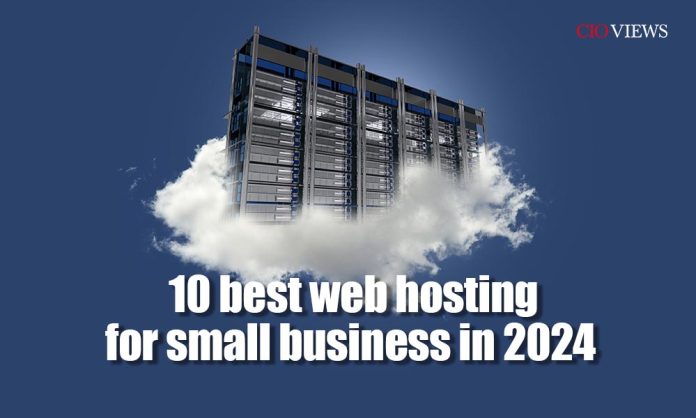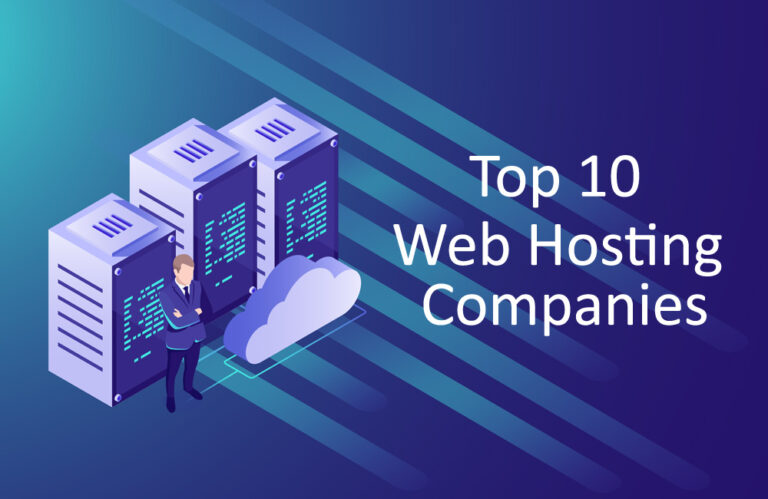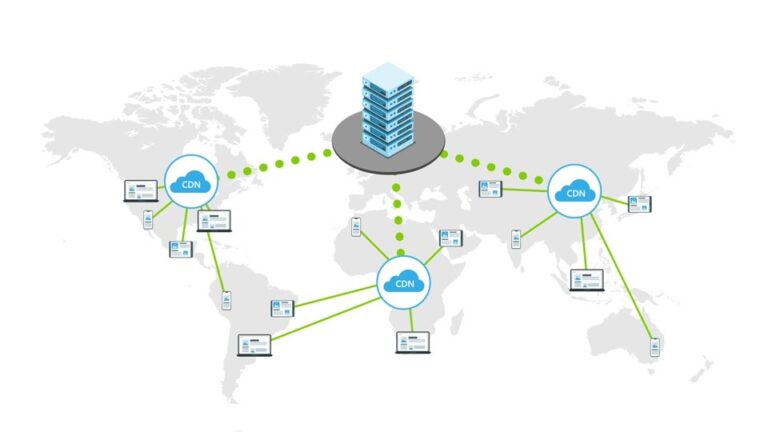Choosing Between VPS And Shared Hosting: Expert Guide to Decision
Choosing between VPS and shared hosting depends on your website’s needs. VPS offers more control and resources, while shared hosting is cost-effective.
For beginners or small websites, shared hosting is often the best option. It is affordable and easy to manage, making it suitable for those with limited technical skills. Shared hosting means multiple websites share the same server resources, which can lead to slower performance during peak traffic times.
On the other hand, VPS hosting provides a dedicated portion of a server with allocated resources. This option is ideal for growing websites that require better performance and customization. VPS hosting offers more security, flexibility, and scalability, making it a preferred choice for businesses and developers.

Credit: www.hostpapa.com
What Is Shared Hosting?
Understanding shared hosting is crucial for those new to website management. Shared hosting is a type of web hosting where multiple websites reside on a single server. This setup allows for cost-effective solutions, making it popular among beginners.
Basic Concept
The basic concept of shared hosting involves multiple websites sharing resources on one server. This includes CPU, RAM, and bandwidth. Each website gets a portion of the server’s resources. This method keeps costs low for all users.
Key Features
Shared hosting has several key features that make it appealing:
- Cost-effective: Shared hosting is generally the cheapest option available.
- Easy to Manage: Most providers offer user-friendly control panels.
- Maintenance: Server maintenance is handled by the hosting provider.
- Scalability: Suitable for small to medium websites with moderate traffic.
Below is a table summarizing the key features of shared hosting:
| Feature | Details |
|---|---|
| Cost | Low |
| Resource Sharing | Yes |
| Ease of Use | High |
| Maintenance | Provider Managed |
| Scalability | Limited |
Shared hosting is ideal for those just starting. It offers a balance between cost and functionality. For small websites, shared hosting meets most needs.

Credit: www.hostinger.com
What Is Vps Hosting?
VPS Hosting stands for Virtual Private Server Hosting. It bridges the gap between shared hosting and dedicated hosting. This type of hosting uses virtualization to create multiple virtual servers on a single physical server. Each VPS operates independently, providing users with their own resources and environment.
Understanding Vps
A VPS acts like a dedicated server within a shared environment. You get your own set of resources like CPU, RAM, and storage. These resources are not shared with other users on the same physical server. This setup ensures better performance and stability.
VPS hosting is ideal for websites that need more control and power than shared hosting. It offers a balance of affordability and performance. You can run complex applications and handle higher traffic volumes.
Key Features
- Dedicated Resources: Each VPS has its own CPU, RAM, and storage.
- Customization: Users can install and configure software based on their needs.
- Scalability: Resources can be easily scaled up or down as needed.
- Security: Isolated environment ensures better security compared to shared hosting.
- Performance: Provides better performance due to dedicated resources.
| Feature | VPS Hosting |
|---|---|
| Resources | Dedicated |
| Customization | High |
| Scalability | Easy |
| Security | Better |
| Performance | High |
VPS hosting is a great choice for growing websites. It offers a balance between cost and functionality. It is a step up from shared hosting, providing better control and performance.
Performance Comparison
Choosing between VPS and shared hosting can be tough. Performance is a key factor. Let’s compare the performance of both options.
Speed And Uptime
Speed is vital for website success. VPS hosting usually offers better speed. This is because it provides dedicated resources. With shared hosting, resources are shared among many sites. This can slow down your site, especially during peak times.
Uptime is another crucial aspect. VPS hosting typically offers higher uptime. Shared hosting can suffer from frequent downtimes. This happens because many websites share the same server. If one site uses too many resources, it affects others.
| Factor | VPS Hosting | Shared Hosting |
|---|---|---|
| Speed | Faster | Slower |
| Uptime | Higher | Lower |
Resource Allocation
Resource allocation impacts performance directly. In VPS hosting, you get dedicated resources. This means CPU, RAM, and storage are reserved for your site. Your site’s performance is consistent.
In shared hosting, resources are shared among multiple websites. If one site uses too many resources, others suffer. This makes performance less predictable.
- VPS Hosting: Dedicated resources, consistent performance.
- Shared Hosting: Shared resources, variable performance.
For high performance, VPS hosting is often the better choice. It offers better speed, uptime, and resource allocation.
Security Considerations
Choosing between VPS and shared hosting involves many factors. One critical factor is security. Understanding security is essential to protect your website.
Shared Hosting Security
Shared hosting means sharing a server with many users. This can create security risks. One user’s vulnerability can affect others. Common security issues in shared hosting include:
- Cross-Site Scripting (XSS) – Hackers can inject malicious scripts.
- DDoS Attacks – One site can slow down the entire server.
- Weak Passwords – Shared environments often suffer from weak passwords.
Shared hosting providers offer basic security measures. These include:
- Firewalls – Basic protection against unauthorized access.
- Regular Updates – Keeping the server software up-to-date.
- Monitoring – Keeping an eye on suspicious activities.
Despite these measures, shared hosting remains less secure. The shared environment is the main reason.
Vps Hosting Security
VPS hosting offers better security. Here, resources are not shared with others. This isolation provides a more secure environment. Key benefits of VPS hosting security include:
- Dedicated Resources – No sharing means fewer vulnerabilities.
- Custom Security Settings – Configure security as per your needs.
- Root Access – Control over your server settings.
VPS hosting providers also offer advanced security features:
- Advanced Firewalls – Enhanced protection against threats.
- DDoS Protection – Specialized tools to prevent DDoS attacks.
- Regular Backups – Ensures data safety in case of breaches.
Overall, VPS hosting provides a more secure environment. It allows for more control and customization.
Cost Analysis
Choosing the right hosting plan is crucial. Cost is often a primary concern. This section will help you understand the financial aspects of Shared Hosting and VPS Hosting.
Shared Hosting Costs
Shared hosting is generally cheaper. It’s a good choice for small websites. Here’s a breakdown of typical costs:
- Initial Setup Fee: Usually free or minimal.
- Monthly Fee: Ranges from $2 to $10.
- Renewal Fee: Can be higher, up to $15 per month.
- Additional Costs: Domain registration, SSL certificates, and add-ons.
Shared hosting plans offer basic resources. They are cost-effective for beginners.
Vps Hosting Costs
VPS hosting is more expensive. It provides better resources and control. Here’s a breakdown of typical costs:
- Initial Setup Fee: Usually free or minimal.
- Monthly Fee: Ranges from $20 to $100.
- Renewal Fee: Often the same as the initial monthly fee.
- Additional Costs: Licenses, managed services, and backups.
VPS hosting plans offer dedicated resources. They are suitable for growing websites.
| Feature | Shared Hosting | VPS Hosting |
|---|---|---|
| Initial Setup Fee | Free or minimal | Free or minimal |
| Monthly Fee | $2 – $10 | $20 – $100 |
| Renewal Fee | Up to $15 | Same as monthly fee |
| Additional Costs | Domain, SSL, add-ons | Licenses, managed services, backups |
Shared Hosting is budget-friendly. VPS Hosting offers more features but costs more.

Credit: www.temok.com
Scalability And Flexibility
Choosing between VPS and shared hosting depends on your site’s needs. Two crucial factors are scalability and flexibility. These determine how well your hosting adapts to growth and customization.
Growth Potential
Shared hosting suits small websites with limited traffic. But, its growth potential is low. Resources are shared among many users. This can slow down your site during traffic spikes.
In contrast, VPS hosting offers better growth potential. It provides dedicated resources like CPU, RAM, and disk space. This ensures your site handles increased traffic smoothly.
| Hosting Type | Growth Potential |
|---|---|
| Shared Hosting | Low |
| VPS Hosting | High |
Customization Options
Shared hosting offers limited customization. Most settings are predefined by the hosting provider. This can restrict your control over the server environment.
On the other hand, VPS hosting provides extensive customization options. You get root access to the server. This allows you to install custom software and configure settings as per your needs.
- Install custom software
- Configure server settings
- Greater control over server environment
These options make VPS hosting ideal for businesses with specific requirements.
Which Should You Choose?
Choosing between VPS (Virtual Private Server) and shared hosting can be tough. Both have their pros and cons. Your choice depends on your needs. Below, we will help you decide the best option for you.
Small Businesses
Small businesses often have tight budgets. For them, shared hosting is usually the best choice. It costs less and is easy to use.
Here are some benefits of shared hosting for small businesses:
- Low Cost: Shared hosting is cheaper than VPS hosting.
- Ease of Use: It is simple to set up and manage.
- Maintenance: The hosting provider handles maintenance tasks.
Shared hosting works well for small websites. It supports basic functions like email and simple web pages.
Growing Enterprises
Growing enterprises need more resources. For them, VPS hosting is often a better fit. It offers more control and power.
Here are some advantages of VPS hosting for growing enterprises:
- Scalability: VPS hosting can grow with your business.
- Performance: It offers better speed and reliability.
- Control: You get root access and can install custom software.
VPS hosting is ideal for larger websites. It supports complex applications and higher traffic volumes.
| Feature | Shared Hosting | VPS Hosting |
|---|---|---|
| Cost | Low | Higher |
| Scalability | Limited | High |
| Control | Basic | Advanced |
Choose shared hosting for simple needs. Opt for VPS hosting for growth and control.
Frequently Asked Questions
Should I Get Shared Hosting Or Vps?
Choose shared hosting for small websites with low traffic. Opt for VPS for better performance, security, and scalability.
Is Shared Hosting Slower Than Vps?
Yes, shared hosting is generally slower than VPS. VPS offers dedicated resources, enhancing speed and performance. Shared hosting shares resources among multiple users, leading to potential slowdowns. VPS provides better reliability and scalability, making it a faster option for growing websites.
What Are The Disadvantages Of Vps Hosting?
VPS hosting can be expensive and complex to manage. Limited resources may affect performance. Requires technical expertise for setup and maintenance. Potential security vulnerabilities exist.
What Is The Difference Between Shared Vps And Dedicated Hosting?
Shared hosting means multiple websites share one server. VPS provides dedicated resources within a shared server. Dedicated hosting offers a whole server exclusively for one website.
Conclusion
Selecting between VPS and shared hosting depends on your specific needs. VPS offers more control and resources, suitable for growing businesses. Shared hosting is cost-effective, ideal for beginners. Consider your budget and technical requirements. Make an informed choice to ensure optimal website performance and growth.
